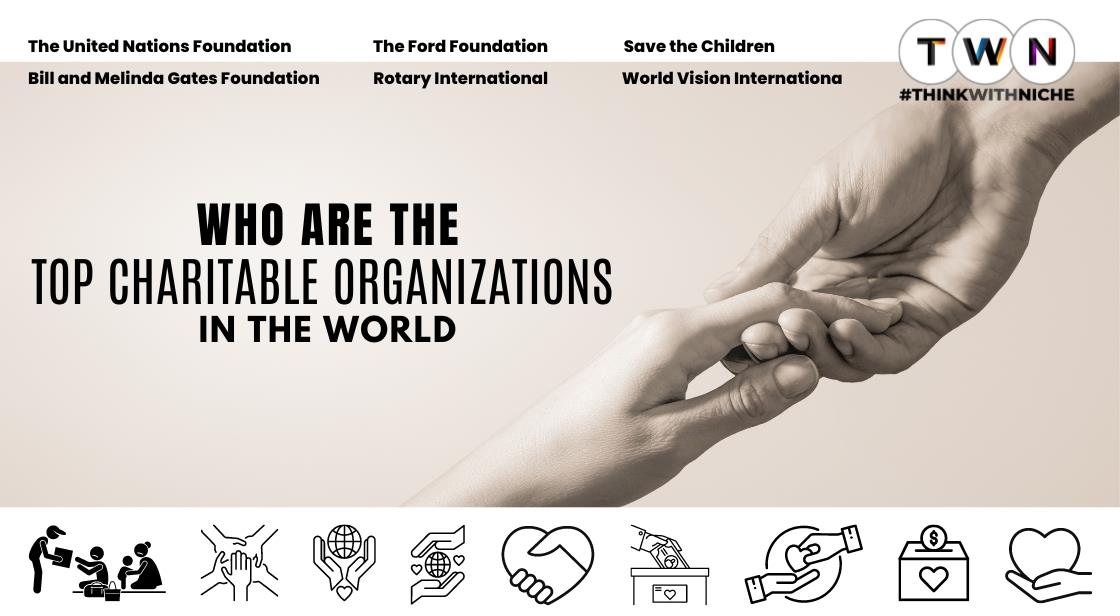Charitable organizations play a critical role in supporting vulnerable communities and individuals worldwide. Their initiatives range from healthcare, education, disaster relief, and poverty reduction. These organizations operate on a global scale, with some having a presence in multiple countries. In this article, we will explore some of the largest charitable organizations in the world, their initiatives, and their worldwide reach.
Charitable organizations are institutions that are established with the purpose of providing assistance, support, and aid to those in need. These organizations can be found in every part of the world, and their work has touched the lives of millions of people across the globe. In this article, we will discuss the largest charitable organizations in the world, detailing their initiatives, worldwide reach, country base, head office, partners, and important projects.
Charitable organizations are non-profit entities established to provide support, aid, and assistance to individuals or groups in need. These organizations operate for the betterment of society and work towards improving the quality of life of people.
Definition of Charitable Organizations:
Charitable organizations are non-profit entities that operate for the public good. They have a social purpose and work towards achieving a specific goal or cause. They use their resources to support the needs of the community and provide aid to those in need.
Importance of Charitable Organizations:
Charitable organizations play a vital role in society. They provide support and assistance to individuals or groups who may be facing challenges or difficulties. They aim to improve the quality of life of people and work towards creating a better future for society as a whole. Charitable organizations also provide an opportunity for individuals to give back to the community and make a positive impact.
Types of Charitable Organizations:
Public Charities: These organizations receive funding from the public and work towards achieving a specific social cause. They are usually established for religious, educational, or scientific purposes.
Private Foundations: These organizations are usually established by an individual or family and receive funding from a single source. They are established for charitable purposes and operate for the public good.
Donor-Advised Funds: These funds are established by individuals or families and are managed by a financial institution. Donors can make contributions to the fund and advise on how the funds are distributed to charitable organizations.
Supporting Organizations: These organizations are established to support other non-profit organizations. They provide financial support, administrative assistance, and other resources to help other non-profit organizations achieve their goals.
Benefits of Charitable Organizations:
Tax Benefits: Charitable organizations are exempt from paying taxes on the donations they receive. Donors can also claim tax deductions on their charitable contributions.
Social Impact: Charitable organizations work towards achieving a specific social cause and aim to make a positive impact on society. They provide support and assistance to individuals or groups who may be facing challenges or difficulties.
Personal Fulfillment: Volunteering for or donating to a charitable organization can be a fulfilling experience. It provides an opportunity to give back to the community and make a positive impact.
Professional Development: Volunteering for a charitable organization can provide opportunities for professional development. It allows individuals to develop new skills and gain experience in areas they may not have had the opportunity to explore otherwise.
Networking Opportunities: Volunteering for a charitable organization can provide opportunities for networking and meeting new people. It allows individuals to connect with like-minded individuals who share a common goal or cause.
Read This Full ARTICLE, Click Here



